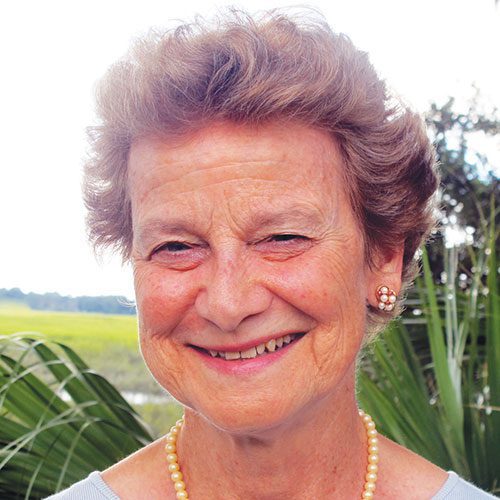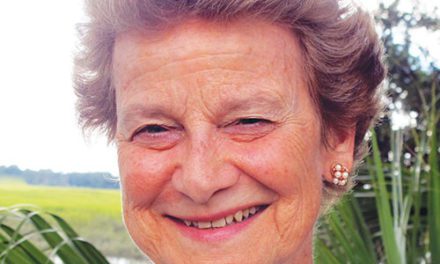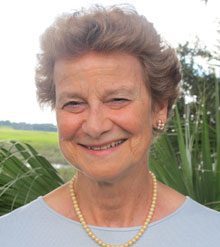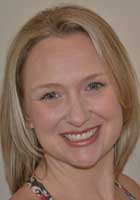 Chances are good you know the rest of that quote, i.e. “to forgive, divine.” But have you ever thought about the truth of it? About why forgiveness might be deemed divine?
Chances are good you know the rest of that quote, i.e. “to forgive, divine.” But have you ever thought about the truth of it? About why forgiveness might be deemed divine?
If you’ve ever tried to forgive someone for an act you found offensive or hurtful, you’re perhaps aware that the process can be difficult. In actuality, the more heinous the offense, the tougher forgiveness can become. I still marvel at how the members of Mother Emanuel AME Church in Charleston whose dear friends and beloved relatives were senselessly gunned down by a stranger, whom the victims had welcomed into their fold, rose to unimaginable spiritual heights to forgive the perpetrator.
Fortunately, most of us won’t have to live through that sort of dire situation, nor will we have to stretch our souls that far in this lifetime. But we have had, and will continue to have, ample instances that trigger our emotions. And when those happen, no matter the circumstances, forgiveness can be a golden key to growth – spiritual, emotional and/or mental – and to peace of mind, if we can but take a deep breath, collect our wits, and allow ourselves to rise to the occasion.
American author, spiritual leader, activist and politician Marianne Williamson suggests a mantra for those times that you actually can get present and recognize a situation for what it is, i.e. crazy-producing, no matter the source of your emotional reaction. “I can have peace rather than this.” Repeat this for as long as you need to in order to return to a state at least close to peace of mind, and perhaps to calmness that will allow you to focus on forgiveness, either of another person or of yourself.
The idea of forgiveness is enormous, way too complex for one column. But for this missive, I’ll hit a few high spots. Stick with me on this . . . it’s important on a personal scale and a grand scale: locally, nationally, and worldly. Especially now.
It seems that in the current political climate, which has been intensifying and turning more divisive since the last election, the adage “live and let live” has been replaced by “my way or the highway.”
The first of those two dictums embraces the wide world view that all people have the right to a life of their own choosing – no matter their culture, ethnicity, country of origin, spiritual choice, mores, lifestyle, pastimes, and/or passions – as long as no one is being hurt by those choices. (I leave it to you, gentle reader, to define the word “hurt.”) Whereas, the second maxim assumes that a particular viewpoint of life must be embraced by all living, breathing humans, no matter what. No offense intended to anyone or any group, but this one is fundamentalism at its purest. I remain amazed that some folks who embrace a particular religion to the point they truly believe that upon death anyone else who does not share their particular religious doctrine – feel free to insert any religious group here – are heading straight to the devil.
The same holds true for political beliefs. Without going into who embraces what party and beliefs, my brother and I do not share similar views. This is a half-brother whom I met about 20 years ago. We actually look like brother and sister and have lots in common – airplanes, a silly sense of humor, and a Honolulu dive, La Mariana Restaurant and Bar, which his wife despises, to name a few likes. And we adore each other. Our mutual respect could never have happened had we not decided a few years back to simply not discuss politics with each other, a decision my sister and I embraced numerous years ago that included politics andreligion.
Agreeing to disagree about particular areas of dissention with those you love can save a friendship, a family, and/or a marriage.
The point I’m trying to make here is that we’re all different. The aforementioned family members and I are quite close, yet because we’re human, our beliefs vary. Since we want to continue to grow our relationships, we had to suck up having discourse on certain topics, open our minds and embrace one another in what we have in common. It’s like learning to accept certain quirks in people you love . . . your husband or wife, for instance.
And what about the friends you may have unfriended on Facebook or drifted away from seeing, even at social distance, due to radically differing preferences during this time of political fervor? I’ll breathe a sigh of relief once all this campaigning has ceased. Is it just me, or does it seem as if party politics have been especially nasty this year? Mudslinging has run rampant and many American citizens have “dug in” about who the best candidates are. Per the bigone, as you know, only one person can be elected to serve as Commander in Chief. Have you thought about how you’ll feel if it’s not your choice?
Whatever the outcome, I believe that it’s time for the voting public to forgive its fellow Americans “across the aisle,” so to speak. Those who have supported the losing candidate. And to work together in the spirit of the melting pot of cultures that has allowed this once-strong democracy to thrive.
Not surprisingly, the individual that canbe the hardest to forgive is number one. Yourself. Wouldn’t you just know it?! Ask nearly anyone who has worked a 12-step program into recovery, anyone who’s slipped temporarily from following a strong spiritual path, or anyone who’s committed a crime and feels genuine remorse for the act.
Take to heart these wise words of Indira Ghandi, who served as Prime Minister of India for 67 years. “You cannot shake hands with a clinched fist.”
Relaxing that clinched fist and opening your mind to the possibilities that life has to offer may take a measure of courage. But if you can take a deep breath, rise up above a situation, look down on it with clearer vision and determine what’s really going on, you’ll likely find a higher truth and gain a heightened perspective that may just allow you to forgive – even yourself – and move forward with an expanded heart.
“Forgiveness is not always easy,” says Williamson. “At times, it feels more painful than the wound we suffered, to forgive the one who inflicted it. And yet, there is no peace without forgiveness.”






